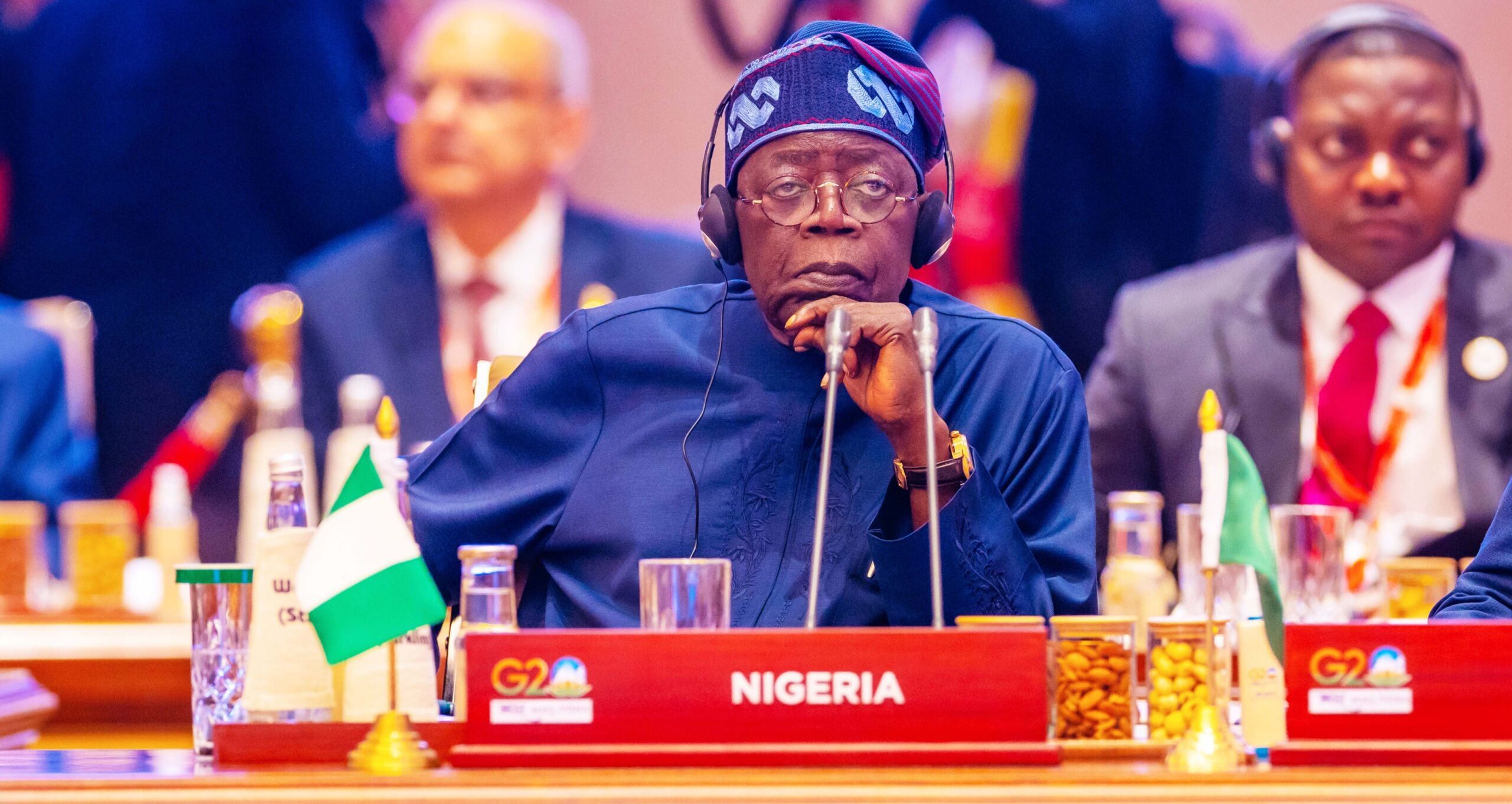Nigeria’s total public debt surged to an all-time high of N144.6 trillion by the end of 2024, marking a significant increase from the N97.3 trillion recorded the previous year. According to the Debt Management Office (DMO), this sharp rise in the nation’s debt profile reflects the continued reliance on borrowings to meet fiscal obligations.
In dollar terms, however, Nigeria’s debt decreased from $108.2 billion in 2023 to $94.2 billion in 2024, indicating a reduction in foreign exchange volatility. Analysts at Renaissance Capital Africa noted that Nigeria’s debt position continues to grow as the government pursues a policy of borrowing to stimulate economic growth.
A breakdown of the data revealed a quarter-on-quarter rise of 1.65 percent from the N142.32 trillion ($88.89 billion) recorded in September 2024. This uptick is linked to the federal government’s decision to seek $2.2 billion in external borrowing in November 2024 to help finance a N9.7 trillion deficit in the 2024 budget. This borrowing contributed to the slight increase in the national debt.
On a year-on-year basis, Nigeria’s public debt saw a staggering N47.32 trillion increase, reflecting a 48.58 percent rise from December 2023 to December 2024. This growth was driven primarily by significant increases in both external and domestic borrowings.
Nigeria’s external debt surged by 83.89 percent, climbing from N38.2 trillion ($42.5 billion) in December 2023 to N70.29 trillion ($45.78 billion) in December 2024. At the same time, domestic debt rose by 25.7 percent, increasing from N59.1 trillion ($65.7 billion) at the end of December 2023 to N74.38 trillion ($48.4 billion) in December 2024.
The government’s growing reliance on domestic borrowings now accounts for 51.4 percent of Nigeria’s total debt profile, with the Federal Government holding N70.4 trillion and state governments accounting for N3.9 trillion. External debt made up 48.6 percent of the total debt, indicating a relatively balanced debt structure. However, the rising external borrowings signal a growing dependence on foreign debt to address budgetary shortfalls.
The rapid expansion of both external and domestic debt raises concerns about debt sustainability, especially considering the high costs of servicing these debts amid volatile exchange rates. Analysts warn that Nigeria could face a debt crisis, particularly given the country’s ongoing cost-of-living crisis. Despite the central bank’s efforts to stabilize the exchange rate, the government must focus on increasing revenues and reducing recurrent spending to avoid a debt crisis.
Higher revenues and lower spending remain the key solutions to ensuring the sustainability of Nigeria’s debt, analysts said. Strengthening the revenue base and reducing dependency on external and domestic borrowing markets would help reduce the need for new borrowings and facilitate the prepayment of expensive loans in the short term.
Source: Swifteradio.com


